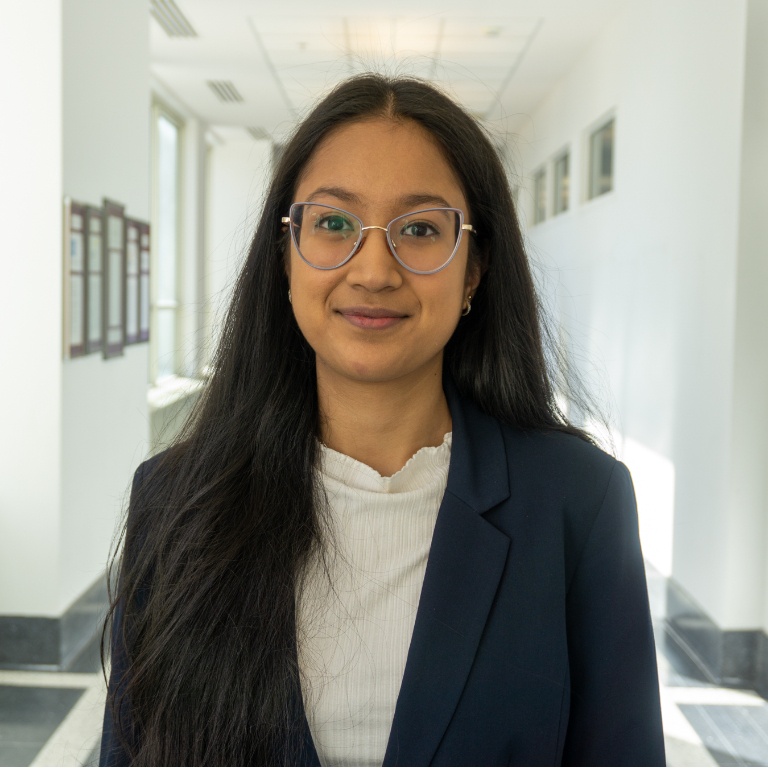
Intern - IUB Women Rising
Hi! My name is Aditi Aggarwal. I am a senior double-majoring in Management and Marketing with a co-major in Business Analytics.
Indiana University Bloomington Women Rising’s missions are (1) to build awareness and knowledge regarding the gender equity pay gap and (2) educate students about how they can advocate for themselves in professional environments to combat workplace inequity. IUBWR aims to provide leadership, volunteer, and educational opportunities for students to apply in real-world career development and planning.
There are no events at this time.
TenTalks are ten minute presentations created to increase awareness, knowledge and understanding of gender equity gap issues in the workforce. IUB Women Rising’s TenTalks focus on the importance of allyship and empowering women with the knowledge and skills required to enter the workforce confidently. Some topics covered throughout the talks include the motherhood penalty, intersectionality, opportunity gaps, and more! We also tailor our talks to the organization we work with to make them as relevant as possible to each audience.
Request a TenTalk Presentation
Intern - IUB Women Rising
Hi! My name is Aditi Aggarwal. I am a senior double-majoring in Management and Marketing with a co-major in Business Analytics.
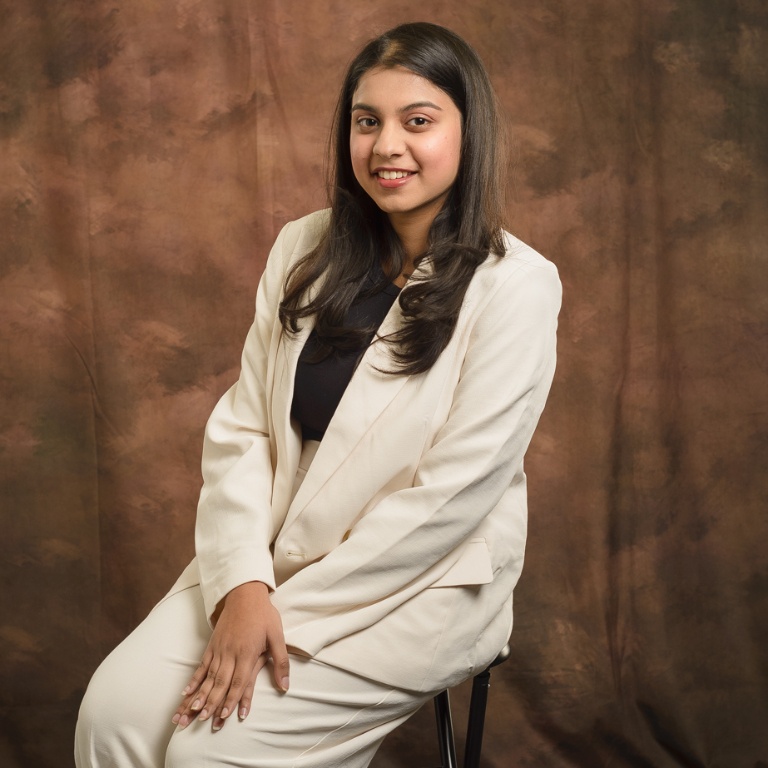
Lead Intern - IUB Women Rising
Anshu Roja Selvamani is a junior majoring in Computer Science with minors in Data Science, Music production and Cognitive Science. She currently serves as the Lead Intern for IUB Women Rising. Anshu is passionate about improving female representation in science and technology fields.
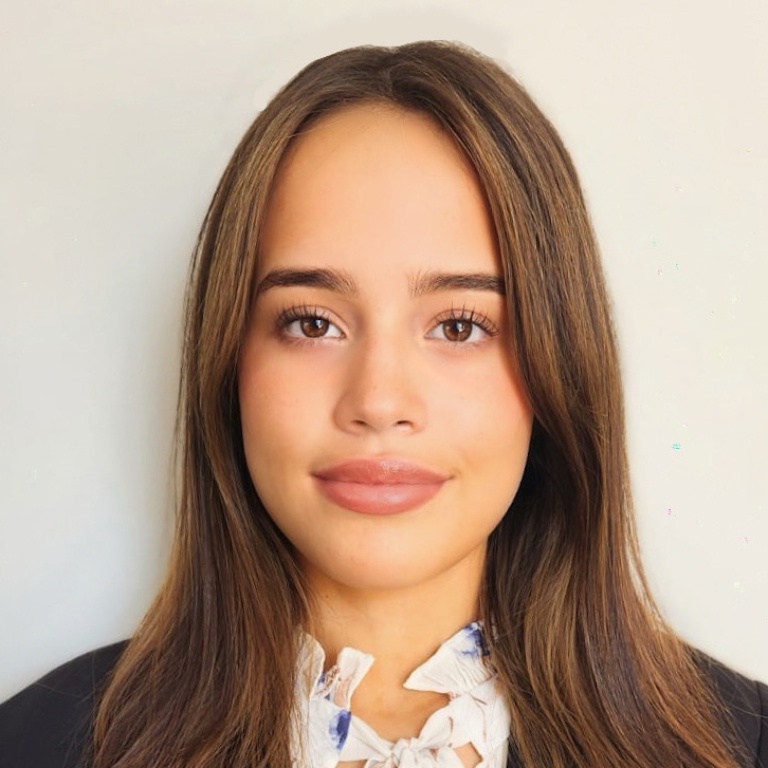
Intern - IUB Women Rising
Hi! My name is Fernanda, and I'm a freshman majoring in Biotechnology in the College of Arts and Sciences. I am an intern in the IUB Women Rising team. I am passionate about advancing science and committed to empowering more women to thrive and lead in STEM fields.
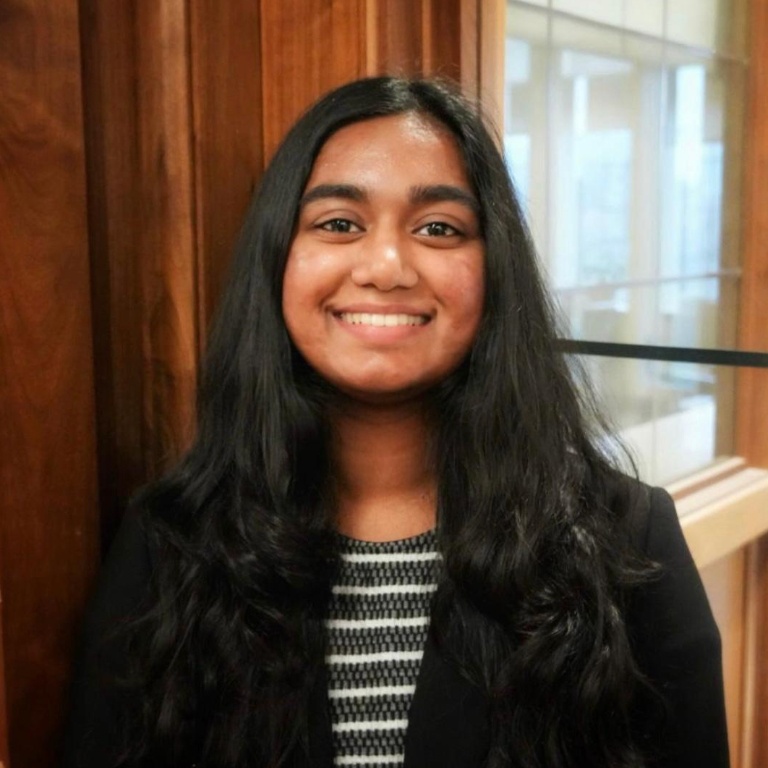
Intern - IUB Women Rising
Hi! My name is Aditi Aggarwal. I am a senior double-majoring in Management and Marketing with a co-major in Business Analytics.
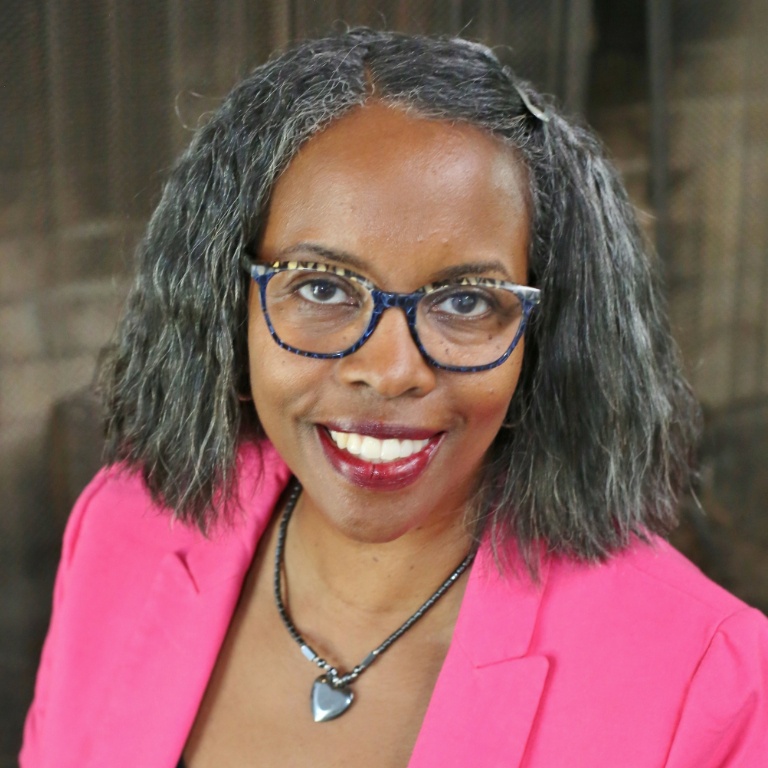
Lisa Lenoir
Faculty Champion
Lisa D. Lenoir, Ph.D., is an assistant professor and critical media scholar who examines and interrogates print and digital discourses, using race, gender, class, and historical interpretative frameworks. She is the former fashion, society, and travel editor for the Chicago Sun-Times and teaches fashion media courses in The Media School.